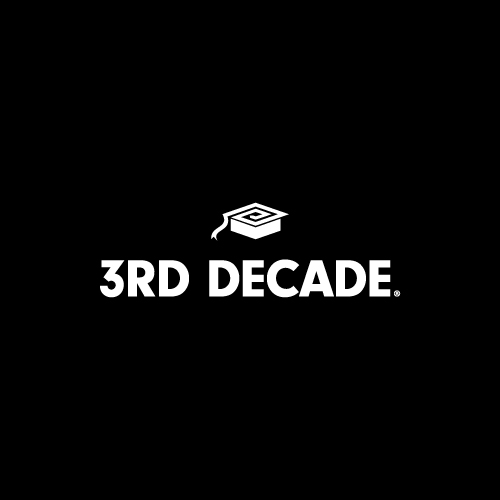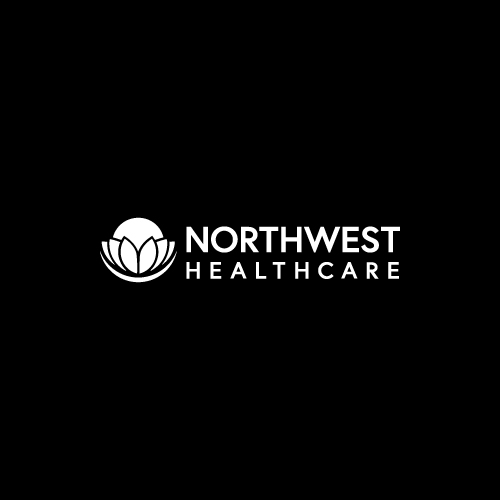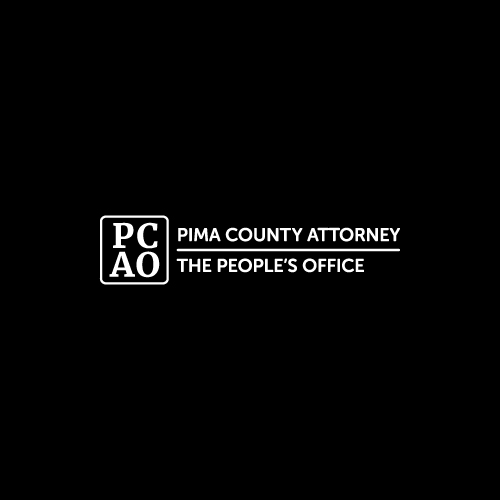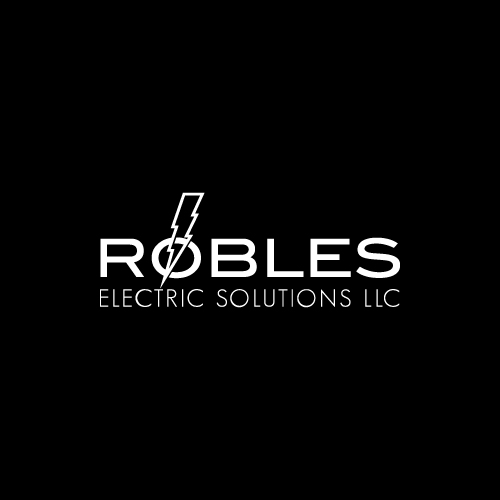This probably isn’t the first article you have read explaining the varying SEO costs with an array of different tactics to get your website ranking on page one of Google. Some companies offer different levels of price of SEO services and let you decide what you need. Unless you know the difference between what each of those packages offers, most business owners make that decision based on the SEO cost alone.
The fact is, there are several ways to tackle a search engine optimization campaign with a slew of variables and technicalities that will determine how successful and/or quick your efforts will be. The biggest joke in our industry is when someone asks for the price of SEO, the answer is always “it depends”. But the truth is, that’s exactly right.
“The goal of SEO is to rank your website in search engine results pages better for search queries that result in more business for you.”
Always keeping this goal in mind, to get to the top of page one, you need to do better than your competitors. But do what better exactly? That’s the part that depends, but also why SEO packages shouldn’t exist. How can one of 3 or 4 packages be specific to your goals, in your market, with your competition, and with your website? Trick question… it can’t. Remember our goal is to ultimately get you more revenue and the biggest variable that is unique to every individual business is their website. Ranking a website will generate traffic, but that doesn’t automatically equate to revenue. The website structure, speed, security, and UI/UX all have a huge bearing on the success of an SEO campaign to drive revenue.
“We don’t send good traffic to bad websites.” – Tony Diorio
Those are only a few of the over 200 ranking factors that Google is looking for. You don’t need to be perfect in all of them, only better than your competitors in the areas that are making them successful. We have ranked websites with on-site SEO alone. Others we have won with building a content library and solidifying NAPs/citations. Most websites need all of the above along with a solid backlinking strategy to overcome their competition in the SERPs. But again, how many backlinks do I need? The answer is likely still just slightly more than your competitors. A study from Impact shows that the top results on Google’s first page have 3.8 times more backlinks than those below them. This is why “it depends”. It always depends on how competitive your market is for your products or services.
Here’s the price of SEO:
You will see companies offering SEO costs as low as $199/mo with no contracts. Be leery of these “too good to be true” offers, they usually are. To be profitable, they need to minimize the amount of time they spend on your account to make sure they can bring in as many accounts as possible to stay in business. Some of these businesses use outdated or even black-hat methods to get you quick results but ultimately go away just as quickly and can potentially do more harm in the long run. And they don’t care if they lose you since they have a ton more lined up to take a shot with them. It is a numbers game for them.
To get a good SEO company in your corner that cares about what actually matters to your business (more revenue), you need to budget for a minimum of $1000-$1500 per month with plans of hanging in for at least 6 months to a year to see big results. If you have a national or international website or are in a highly competitive industry/market and are looking to get results faster, plan on spending 2-5 times that.
What is the value of SEO?
It is expensive to hire a professional to do it for you, or extremely time-consuming to do it yourself, and the results, in either case, aren’t instant. So why include an SEO strategy in your marketing budget? The fact is, SEO costs usually have a greater ROI potential than any other digital marketing like Google ads, email marketing, or social media marketing.
Better visibility and impressions for your business
On the first page of Google search results alone, the first 5 organic results account for 67.60% of all the clicks. The great thing about SEO is that you can eventually have the opportunity to rank multiple pages and/or other business properties for a desired search term.
When we first started doing SEO, we tested our methods out on our own products before asking other businesses to invest with us. We had a mobile app that helped users reset oil lights in their vehicles after an oil change. For any search evolving the term “oil light reset”, we had 5 of the first 10 listings on the search page between our app’s website, the app store listings, our YouTube channel, and our blog. I’m talking about thousands of high search volume keywords nationally and over a hundred thousand impressions on the SERPs per month for our brand. We did all of this without spending a dime in paid advertising and it launched our business into what it is today.
Better leads & higher conversion rates
Sure, you can pay the same to Google Ads for that kind of impression share, but do you get the same results? It is reported that 80% of searchers flat out ignore the ads at the top and bottom of the SERP. This is because users know that anyone can show up on the first page of Google if they pay enough for it. Those that have earned the right to be on the first page of the organic results automatically get a higher level of trust from the searcher.
Most industries experience a 2x better conversion rate with organic traffic over paid ads according to a study from First Page Sage. Businesses that offer legal services, medical devices/services, and real estate benefit from more than 3x the conversion on SEO efforts over search ads. And if you offer financial services, getting to page one of Google will earn you more than 7 times the conversions that paid marketing can produce for you off of your clicks.
Compounding ROI & easy to scale
Though search engine optimization is a long game, the effects are usually lasting. As opposed to paid search marketing that gets quicker results, they go away when you turn off or run out of money. Once you earn 1st-page rankings on search engines, you can typically count on them sticking there for a long time depending on what your competition is doing. To this day, without doing much of anything to our oil reset blog, it still ranks on page one for several good keywords and still sees 10’s of thousands of new visitors every month.
This also makes it easier to scale with new content and more opportunities to find new customers/clients through organic search. The ROI on the price of SEO is something that compounds over time as you keep working on targeting more pages with more keywords that bring new users into your sales funnel.
And because the trust factor is automatically higher when a user finds you via organic search, researchers through a 2020 Forrester Consulting study found that customer LTV (lifetime value) is higher than through other paid marketing channels. These users were found to be more engaged and showed more brand loyalty over time.
The DIY SEO cost
I think we can all agree that SEO is an important part of your business’s marketing strategy. The value is certainly there. But you might be thinking, “I bet I can do this myself”. And you know what… you are right! That’s right. I am not here to sell you my SEO services. Instead, I want to help guide you into a decision that is right for you and your business.
Now doing your own search engine optimization will be time-consuming, frustrating at times, and will require a lot of patience from you. We really do encourage most business owners to try and do it themselves. We offer a bunch of articles on our blog here like “how to do your own onsite SEO” and “how to do your own content marketing”. Nothing is held back or kept secret with Kodeak. Literally, anyone can do what we do. The question is less of ‘can I do it’ and more of ‘is this the best use of my time’.
Regardless of your profession, I imagine that you are really good at it. Good enough to start your own business doing it, right? So consider what your time is worth. What hourly rate do you bill out at? Now multiply that cost by the number of hours that you spend on your own SEO. This is your DIY SEO cost.
For startups, this may be an easy choice. As you build your business you may not have a ton of work to do and you have the extra time to invest in your own marketing. That’s great! But for those businesses that are already established enough that you are busy all day doing what you are good at, you may want to do a cost-benefit analysis.
If you bill out at say $50/hr and I bill out at $100/hr, but it takes you 5 hours to do something that would take me 2, you paid $50 more to do it yourself. Now I know this is theoretical and that isn’t actual money out of pocket, but it isn’t any less accurate.
For a long time when we started, I was our accountant. I did all the bookkeeping in the evenings after a long day of building websites and running marketing campaigns. I spent easily 10 hours+ a month on keeping everything straight so come tax time every year, we were set. That was essentially $1000/mo of my time that I could have spent taking on more clients or even spending with my family instead. Now I pay a professional $500/mo to do this part for me, and a lot better I might add, giving me the time to focus on more clients and building up my business.
But again, if you have the time or just love the process, we applaud you for sticking to the grind. We 100% get it. We did it for years. You can use this outline below to make sure that you are doing everything you can to build the best foundation for your SEO campaign. For everyone else still wondering if paying the price of SEO services is worth it, here is a little bit into what goes into a good SEO campaign.
What goes into the price of SEO services?
There are a lot of aspects that go into a solid SEO strategy. It is not just time-consuming, but there is a level of skill that we have refined over time to know where to spend the time each month to get the best results. Some things here are more technical than others, but we will do our best to outline them all here for you.
Website Analytics Research
Every digital marketing campaign, whether paid or organic, needs to start with research. We like to dive into website analytics first. Looking at Google Analytics can tell us how users are currently navigating your website and what they are most interested in. We look for things like the content path to see if a user has a clear funnel to conversion or if they click around in circles to find the information they are looking for. It is important to the success of any kind of traffic-generating campaign that the user has a clear path to conversion with all the information they need to convert based on their search query. If the website has conversion issues, we start here and correct those first.
Keyword Research
Looking at the keywords that users use to find your business is another important step to make sure that you are serving the right content to them to answer their queries and best convince them that your business is the right one for them. Through keyword research, we look for high search volume, and good buying intent keywords for our cornerstone pages like our services or products. We also look at other lower volume keywords that are questions that could lead to a sale and pick those to write content around.
PROTIP: Build a keyword map for all of your pages and for your content marketing to keep track of your progress.
Competitor Research
Yes. More research. Remember that you just need to be doing better than your competitors to rank. Putting together your top 5 competitors or so and looking at their websites will help you see what they are doing so you can take the things that you think will work and do them better. We pay for really expensive software that helps us retrieve and organize this data, helping us analyze it easier. We are looking at the keywords that they are getting most of their traffic from, their current SEO trust scores, the number of backlinks they have and where they are from, and how accurate their citation listings are. We also look at the UI/UX of their website and page structure to gain more insight into their strategies.
On-site technical SEO
This is the most technical, but arguably the most important part of setting up a solid SEO campaign. Your website is the foundation of any digital marketing campaign as well as the foundation for how Google ranks you against your competitors. You can use our SEO audit tool here to see how you currently stack up.
Using your keyword map, you will want to target each of your pages with the keywords you selected. There is more than a paragraph can cover here so you can check out these resources to help guide you through setting this up:
Building Your Website for Google Ranking
Importance of Having a Good Website Host
Content Creation
Creating a content library is very important to show Google that you are consistently helping your users learn more about what you do and answer their questions. Having a blog section on your website is a great way to accomplish this. Write as in-depth as possible on subjects directly related to what you do. You will want to link the content of these pages to your services or product pages that are relevant to the article as much as possible. These are the signals that Google is looking for with new content; relevancy and recency. Sharing this content is the easiest way to get new users to your website and content marketing, a big part of SEO.
Off-site SEO
Now that you have the foundation of your SEO set on-site, you need to let Google know. If you have a website with nothing linking to it, Google robots won’t be able to find it. The first way to gather links is through citations (or NAPs) and social media channels. Find as many as you can to list your business and link them back to your website.
Start with Google My Business if you are a local company. To help build the ranking in your Google maps listing, you will need to make sure that you set this up to its fullest potential and then exactly match all the rest of your NAPs to this property. This along with good reviews will help Google see your business listing as a reputable property to serve their users and help with your website’s organic listings as well.
Backlinking
Next to quality content marked up with solid on-site SEO, backlinking is the next most important ranking signal. It is estimated that 91% of all pages on the internet never get any organic traffic from Google, mostly due to the fact that they don’t have any backlinks. Getting backlinks has become more strenuous over the last couple of Google core algorithm updates. You used to be able to get a link from comment sections in blogs or forums, but that no longer holds the value it once did for your backlink profile since that kind of link wasn’t earned. Now, Google is looking for “in-content” links from other website’s relevant articles leading to your website to get the credit.
Finding the right websites to backlink from is a task on its own. You want to start by looking for websites that your competitors are linking from. You want to find websites with good Domain Authority (DA) scores that are relevant to your business. Then you will need to contact the website and see what their process is for guest posting (NOTE: there is usually a fee associated with this). Then you will need to write an original piece to submit with your backlink to your content within the copy.
PROTIP: It is best practice to link to one of your blogs that are then linked to one of the services you want to get more business for. I know it seems weird, but Google likes to see content that backs up or elaborates upon the original post and not service/product pages.
So what does SEO cost?
It depends. Haha. Just kidding… kind of. It really comes down to how much time you want to save yourself. You can do SEO completely free if you want to take a bunch of time to do it yourself. You start adding money into the equation to shorten the amount of time you are spending on some of the tasks. You can pay for software that shortens the time for research. You can pay content writers to write for your website or for your guest posts. You can pay for software that helps you find backlinks and does all the outreach for you to get that link. Or you can pay an agency that has all this software already and a number of years of experience and skills built up to do it all for you so you can focus on your customers & generating revenue.
If you have any questions, whether you are doing your own SEO campaign or you are looking to hire an agency, feel free to hit the chat or contact us with the form below. We are always happy to give advice and help businesses whenever we can.









